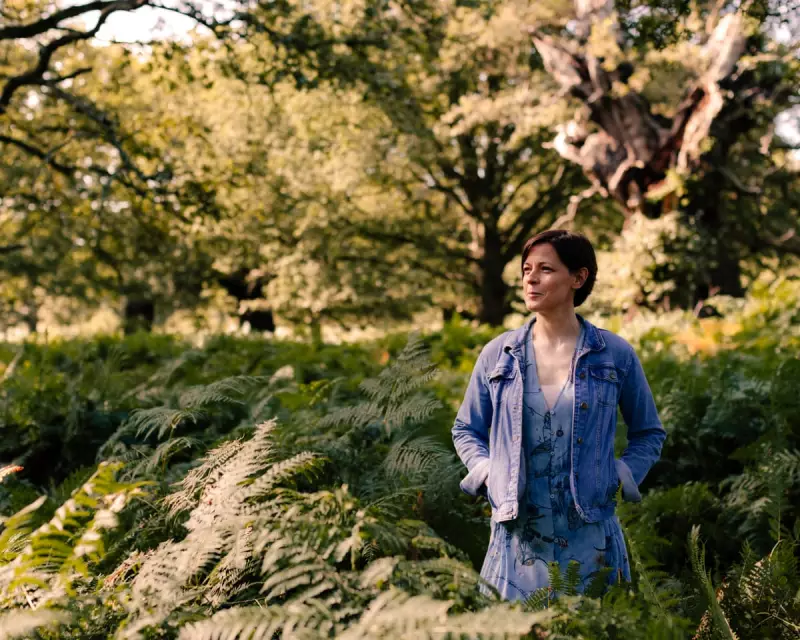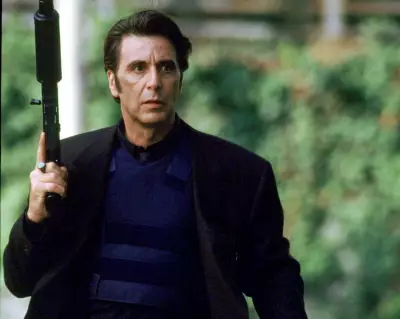
In a stunning victory for a debut author, Chloe Dalton has been crowned the winner of the coveted Wainwright Prize for Nature Writing 2025. Her first book, Raising Hare, triumphed over a formidable shortlist to claim the £10,000 award, announced at a ceremony in London.
The judging panel, chaired by BBC presenter and naturalist Chris Packham, was unanimous in its praise. They heralded Dalton's work as a 'truly original and captivating' piece that masterfully intertwines the intricate lives of hares with a deeply personal human story.
A Deep Dive into the Winning Work
Raising Hare is far more than a simple wildlife guide; it is a rich, lyrical tapestry that explores our complex relationship with the natural world. Dalton chronicles a year spent intently observing the lives of hares on a farm, using this lens to examine broader themes of motherhood, belonging, and ecological interconnectedness.
Packham emphasised the book's unique qualities, stating it offered 'a fresh and powerful perspective on nature writing'. He commended Dalton's ability to weave scientific observation with raw, emotional narrative, creating a work that is both intellectually stimulating and profoundly moving.
Celebrating a Landmark Year for Nature Writing
The 2025 shortlist was notably praised for its exceptional diversity and quality, featuring a range of voices from across the UK. Dalton's win continues a trend of recognising bold, new talents in the genre, following in the footsteps of previous winners like James Aldred and Lee Schofield.
Established in 2014 in memory of nature writer Alfred Wainwright, the prize is administered by the National Trust and aims to reward books that best inspire readers to explore the outdoors and advocate for the protection of British natural landscapes.
The win for Raising Hare is expected to propel Chloe Dalton to the forefront of contemporary nature writing, shining a spotlight on the often-overlooked brown hare and cementing the book's status as a must-read for nature enthusiasts and literary critics alike.





